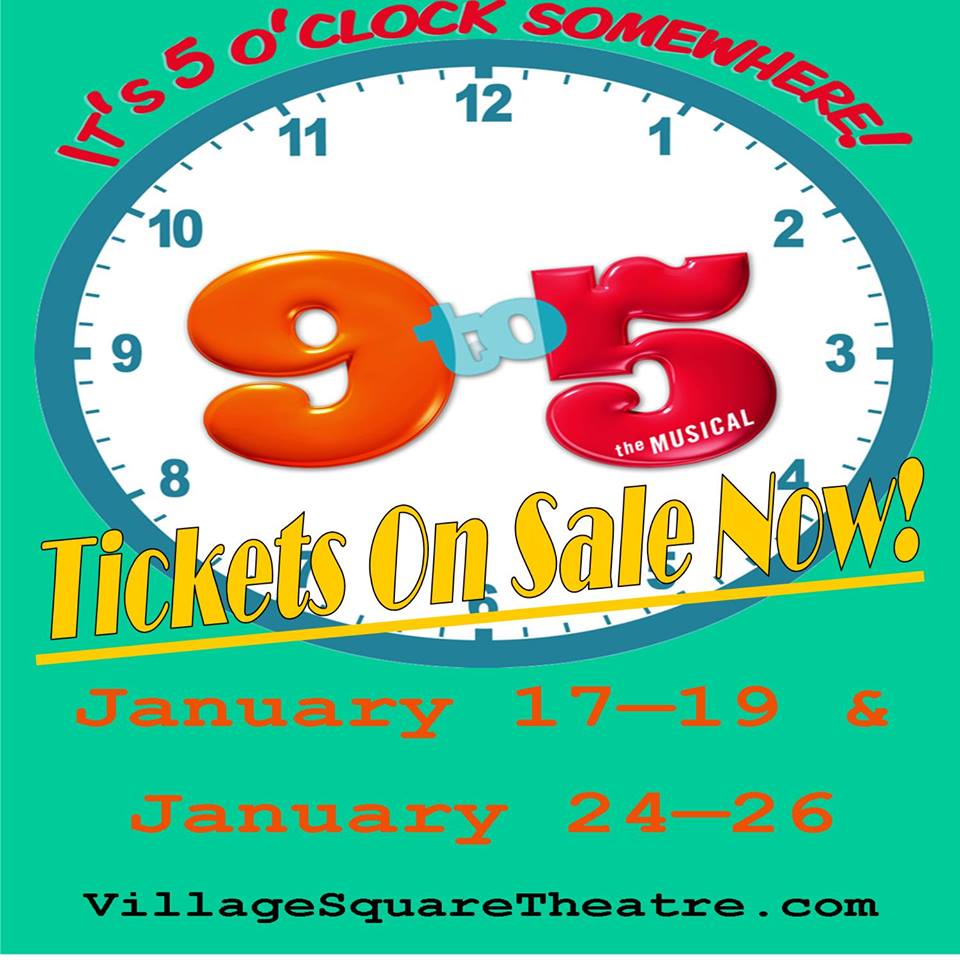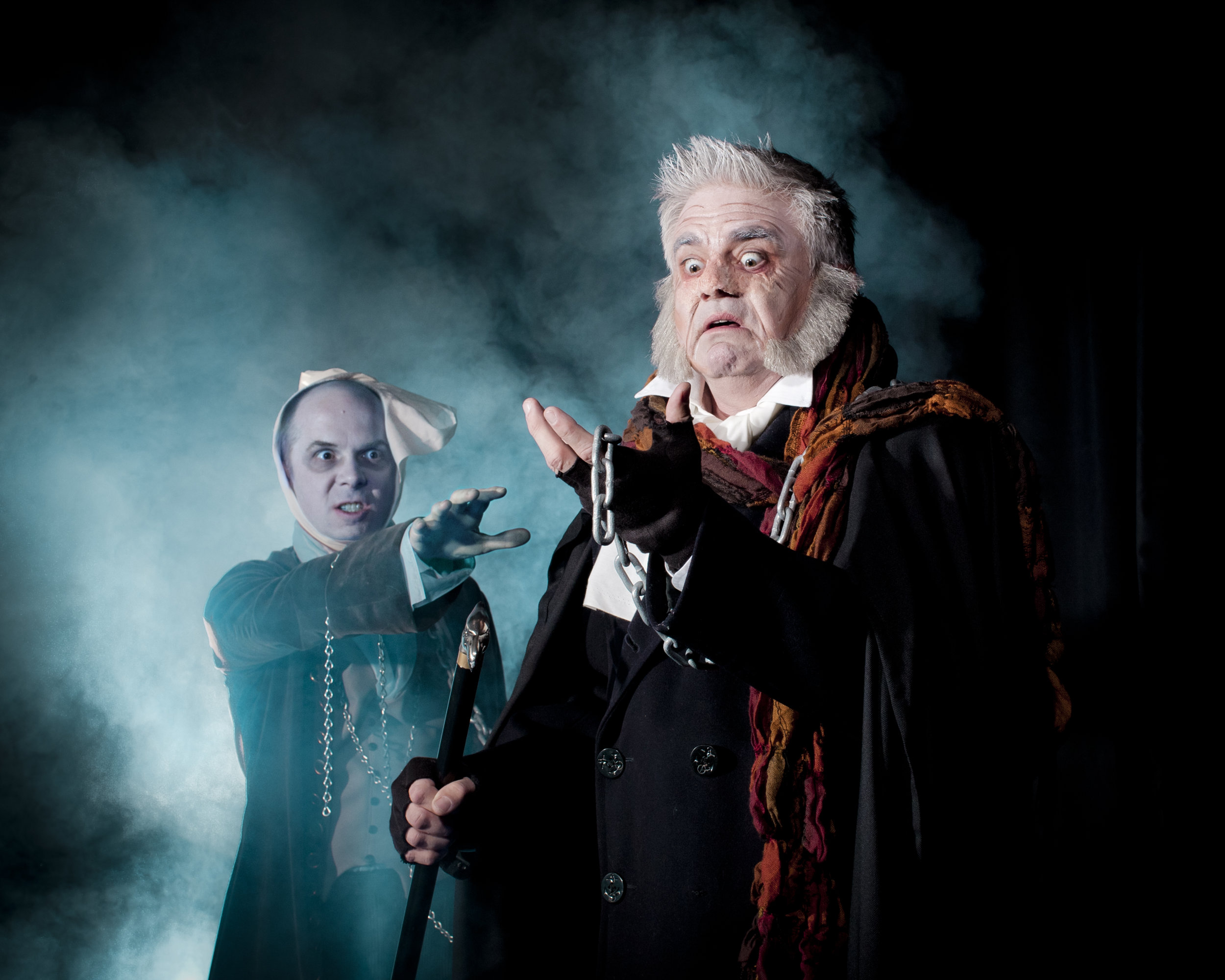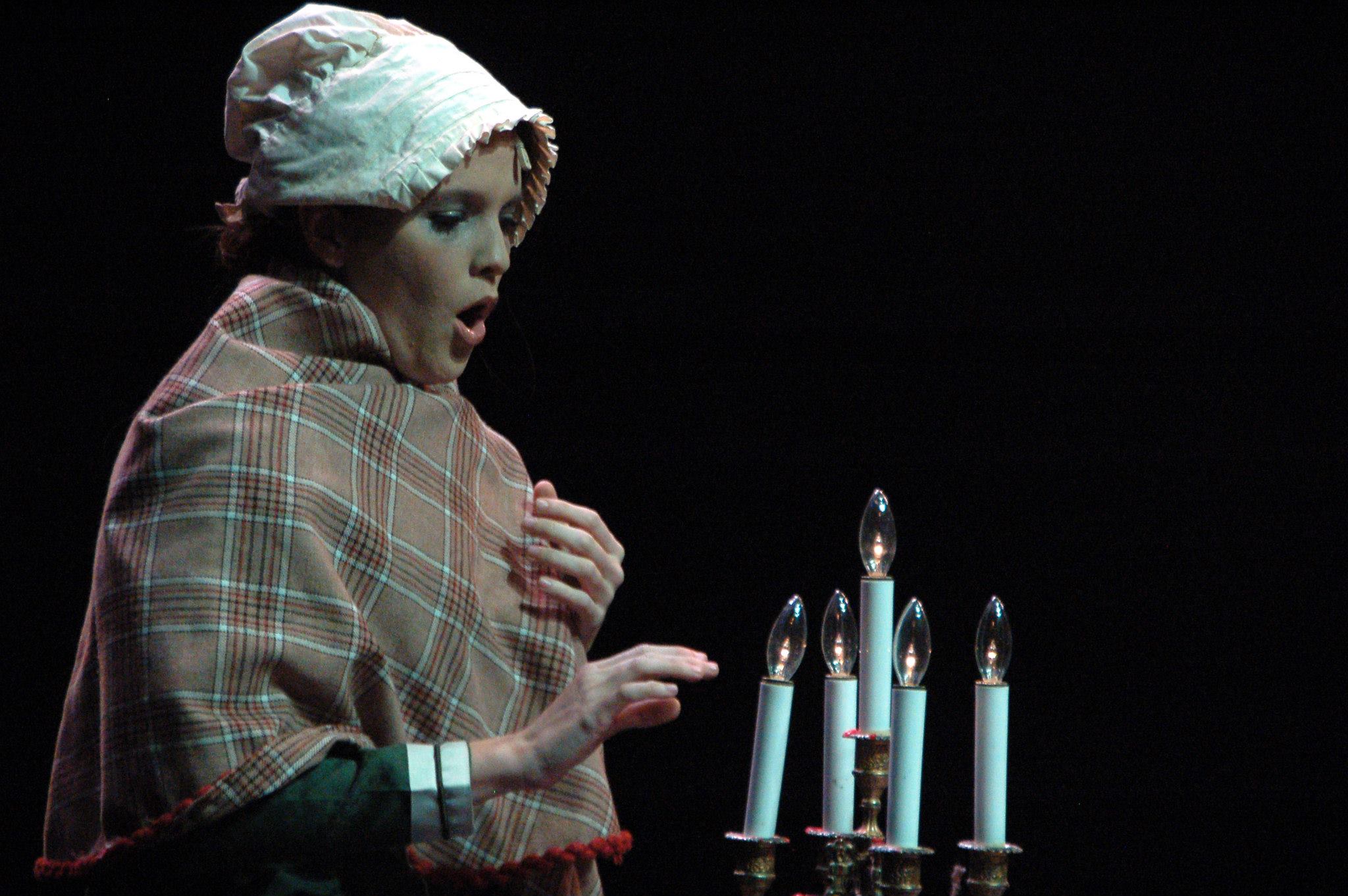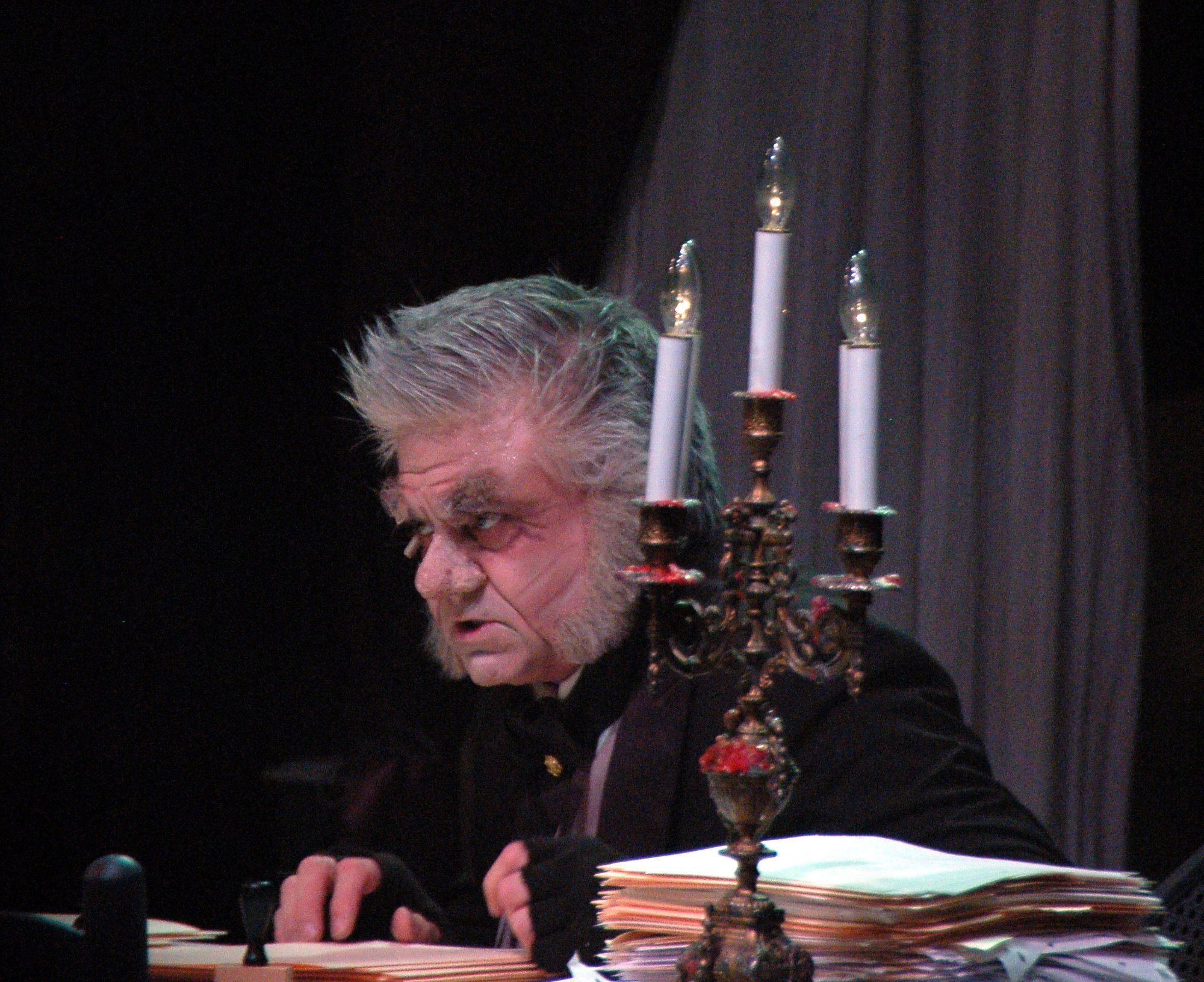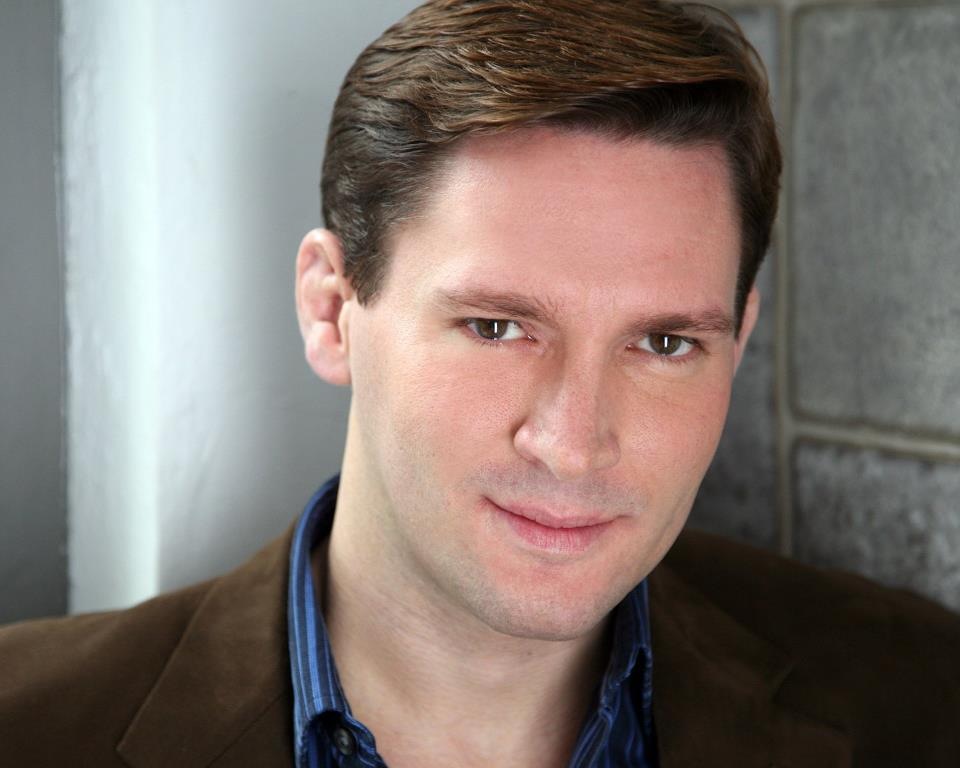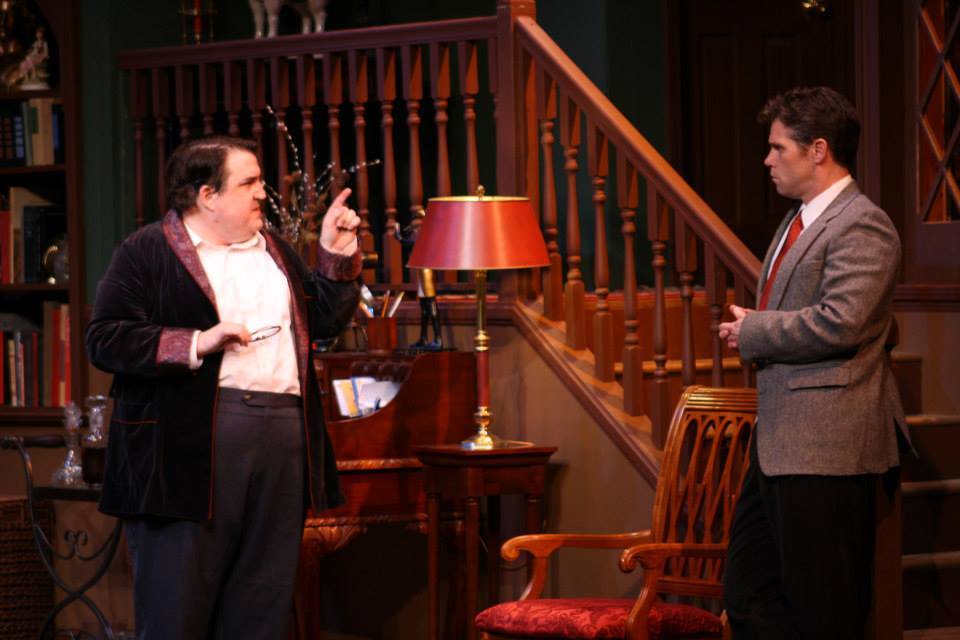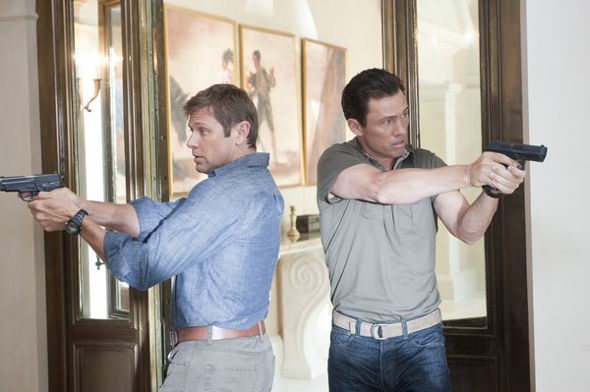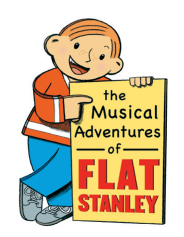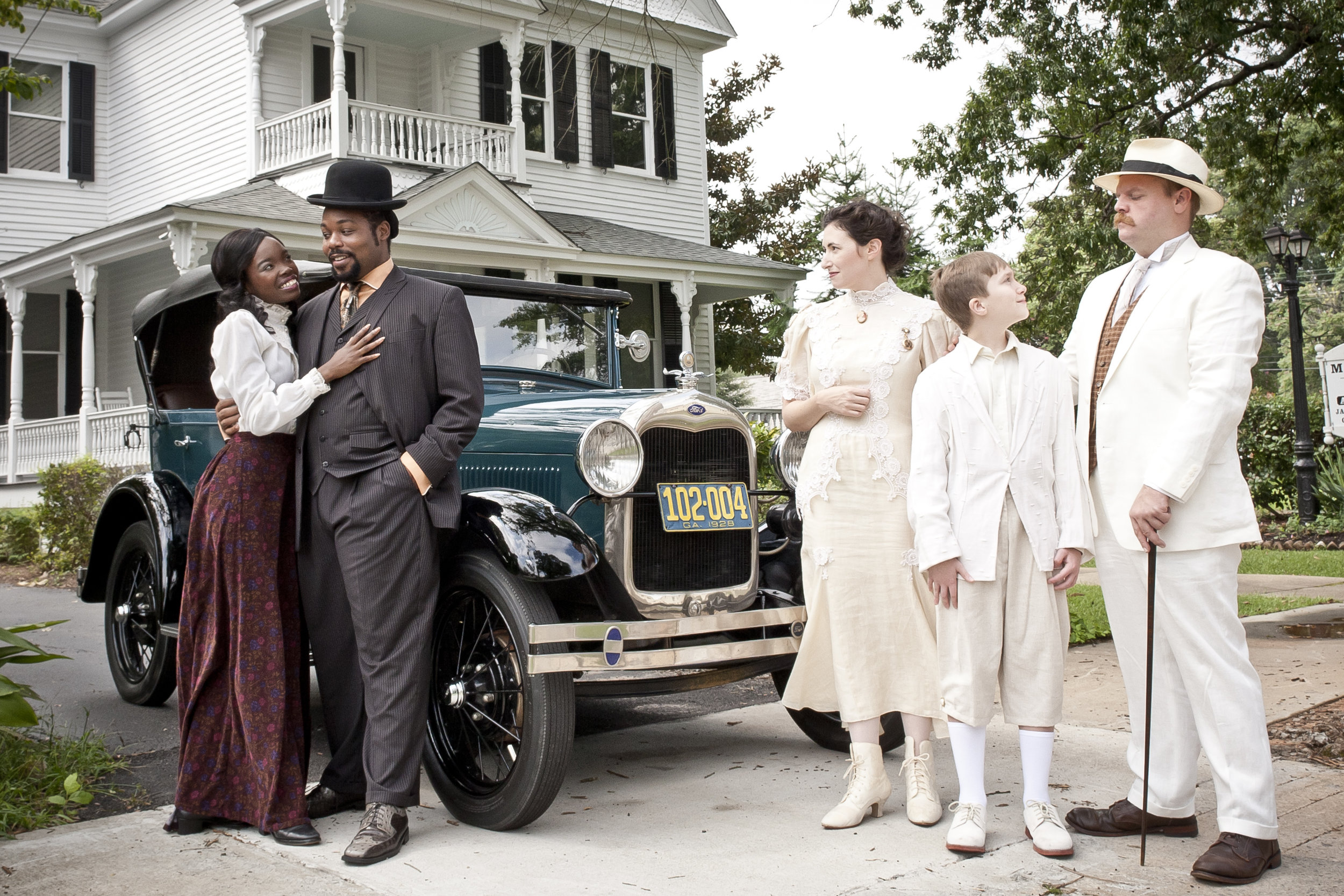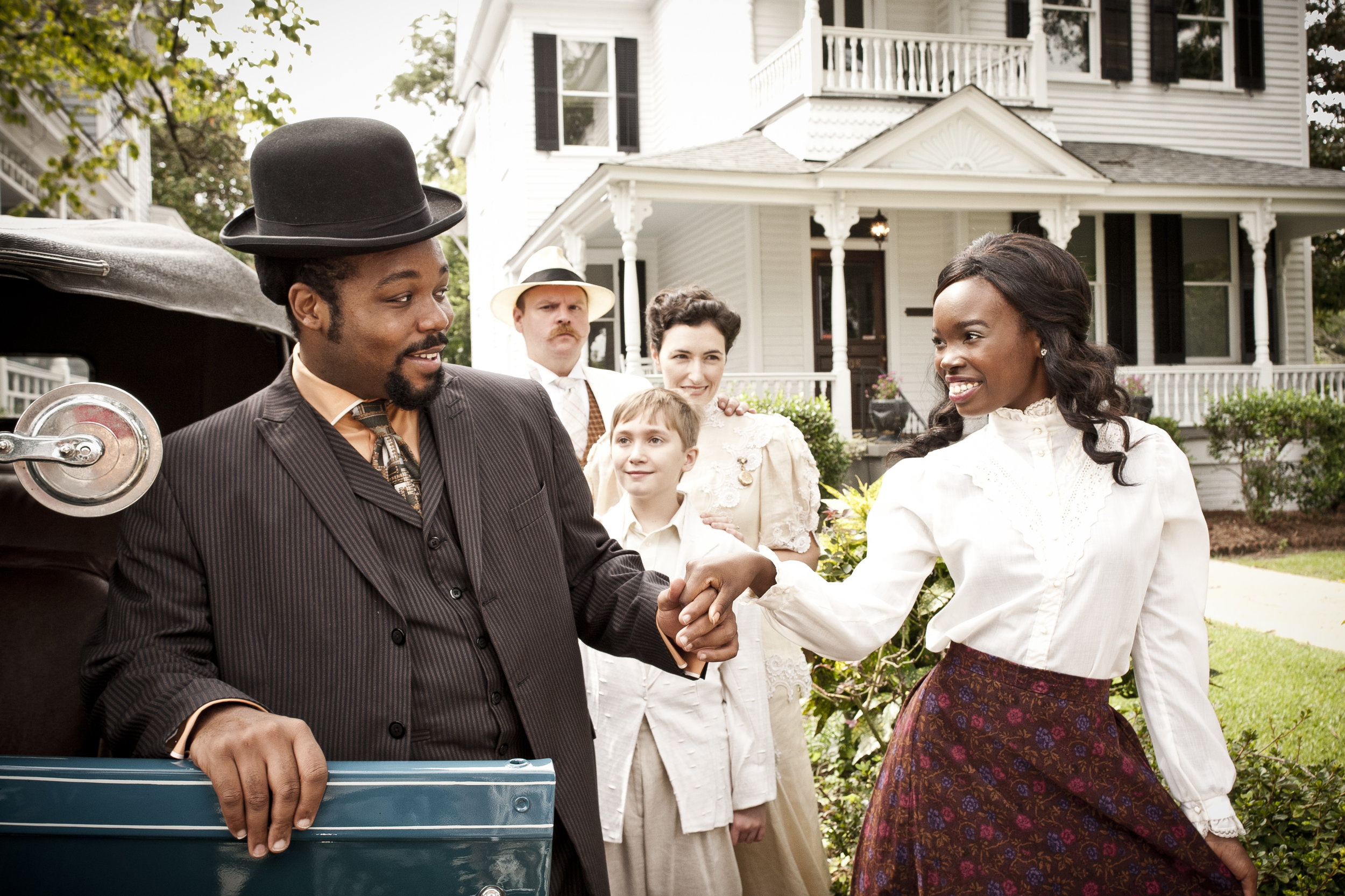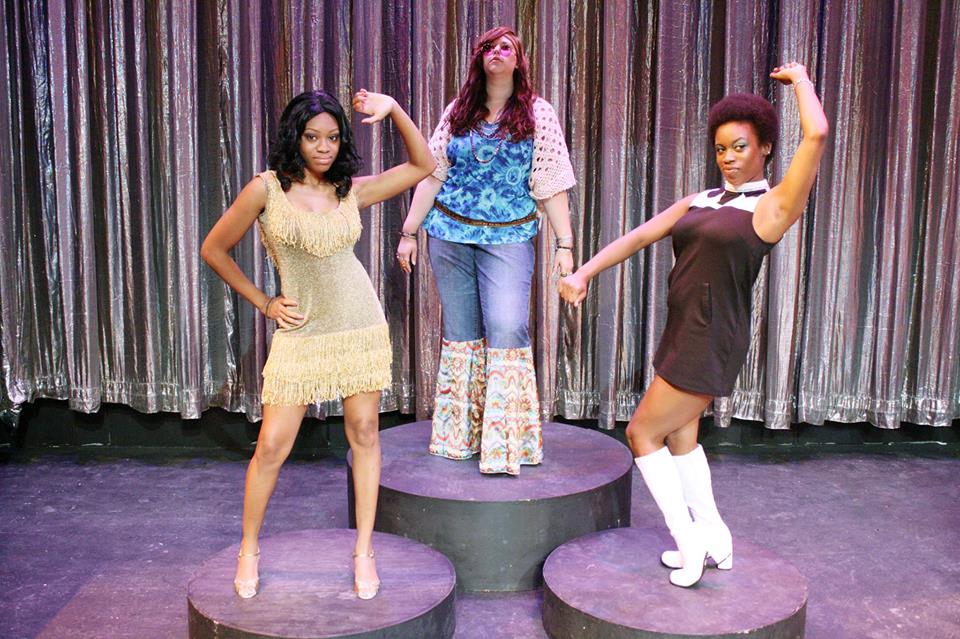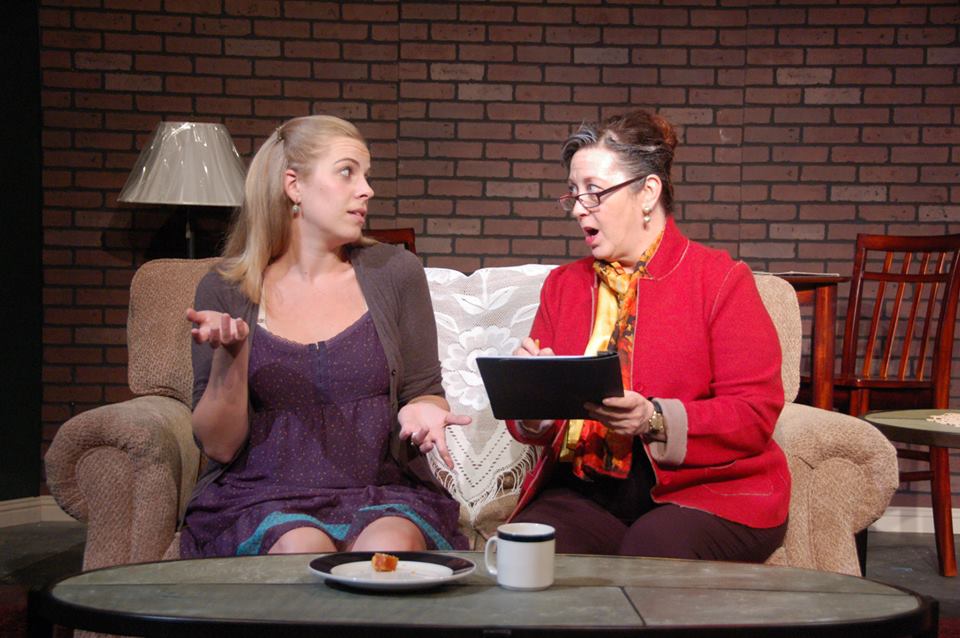 Harbison Theatre at Midlands Technical College will host a stage adaptation of Ray Bradbury’s classic novel Fahrenheit 451, presented by by New York City’s Aquila Theatre Company on Feb. 7, 2014 at 7:30 PM.
Harbison Theatre at Midlands Technical College will host a stage adaptation of Ray Bradbury’s classic novel Fahrenheit 451, presented by by New York City’s Aquila Theatre Company on Feb. 7, 2014 at 7:30 PM.
Desiree Sanche, Aquila's Artistic Director and the director of this play, filled Jasper in on the company and this production.
Jasper: Tell us about the roots of Aquila. Why is touring an integral part of that mission?
Desiree Sanchez: Aquila Theatre was founded in London in 1991 by Peter Meineck while he was a student at University College London. The company at that time was called The London Small Theater Company and was primarily focused on Greek plays. Meineck formed the company with intention of bringing the greatest classical works to the greatest number and making Greek Drama both relevant and moving to its audience. Touring was a major component to this mission as it brings the work to a much wider audience.
Jasper: "Aquila" is Latin for "eagle" - why that choice for a title?
Sanchez: We wanted a name that we couldn’t outgrow. It needed to be a name that was informed by the work and not the other way around. The eagle represents strength, leadership and beauty. Its Latin representation is both beautiful in its expression and classical in its origin. In Roman times, each legion had a designated legionary whose job was to carry an emblem of the aquila through battle. This eagle was a symbol of honor to the Romans, and it was the duty of the head legionary to assure that the aquila was never captured. We at Aquila Theatre see ourselves as artistic leaders who are committed to maintaining a high artistic standard, and never forgetting our mission not only to spread classical drama, but to continue to push the canon of what is a classic. We not only perform Greek and Shakespeare plays, but also Heller and Bradbury. I think people now associate Aquila with artistic excellence.
Jasper: As you say, Aquila has presented classics from classical antiquity (The Iliad, Oedipus, The Birds, etc.) and from Shakespeare as well as adaptations of modern classics (Jekyll and Hyde, 6 Characters In Search of An Author, and now Fahrenheit 451.) What makes something a "classic," and why are these works so important for modern audiences?
Sanchez: We like to think of a classic as piece of work that has had a lasting impact on the psyche of our culture. Each of these works you mention, which we have performed, has its own unique way of expressing fundamental questions of who we are and how we got to be this way. Classics often have allowing often suppressed questions of society and ourselves to the surface. For whatever reason we are compelled to watch others play these questions out.
Jasper: This adaptation is by Bradbury himself, correct?
Sanchez: Bradbury did write this adaptation in 1979. It has not been produced very often. Though I did not see it, there was a production in the city in 2006, which was well received. Beyond the occasional amateur production, it has not been produced often.
Jasper: How challenging is taking a show on the road, nationally? I gather this show is being alternated with Twelfth Night, with both done in some cities, and it's a cast of only seven actors.
Sanchez: That is correct. We have a cast of 7, and they all play multiple roles in both shows. This means that our actors have to be very versatile, disciplined and hardy. The road is not for the faint of heart. There is a lot of time on the road, and the length of the tour is six months with a month off in December. This is a big country, and a lot can go wrong getting from point A to B, or in our case California to NY, Florida to Canada. For all its difficulty, our actors seem to get a lot from the tour. They definitely form close friendships with each other, and get to see some incredible parts of the country. They also can really hone their acting skills. It’s rare for an actor to have the opportunity to perform in rep for that stretch of time anymore. They always come back with amazing stories and it tends to be a tour they never forget. I always take it as a good sign when we get people who want to keep coming back.
Jasper: We assume that the set has to be fairly minimal, and obviously easy to put up and take down and pack into the truck. What are the mechanics? How do you travel from venue to venue, and what sort of tech support do you have?
Sanchez: We travel in a large but comfortable passenger van with a small trailer attached to the back. We try and keep our set creatively compact. Design is key. We have a Technical Director, Stage Manager and two assistants to the technical director. Our crew is highly skilled. Each venue is different. The local crews range from union to non-union to even student crews on occasion. This means our crew has to be able to deliver the same show with the standards no matter what the level of experience the local crew has. Our TD is very good at knowing how to adjust our equipment needs in each venue to get a top-notch Aquila show delivered on time.
Jasper: Aquila has a special relationship with Columbia and USC; how did that come about?
Sanchez: Yes, Peter Meineck was an assistant professor of Classics at USC in 1998. He brought Aquila to South Carolina when it became a joint US/UK Equity company. The actors came from London and New York and stayed in Columbia during the summer and opened their shows at the Koger Center. Aquila worked with the school’s Masters program in design and had an internship program with the MFA acting program. Two actors from USC joined the company and Nate Teraccio, a USC undergraduate in the Honors College and one of Peter’s students also joined the company as a technician and rose through the ranks eventually becoming the company manager. Nate now works as the production manager for Jazz at Lincoln Center in New York City, Thorne Compton, who was chair of the Theatre and Speech department and Peter Sederberg, Dean of the SC Honors College at that time, were instrumental in hosting Aquila at USC. After two years at USC Peter was offered a professorship ay NYU and Aquila was offered a company in residence position there. Three or four Aquila shows that went on to tour internationally and play long runs in New York were created at the Koger Center.
Jasper: Burning and banning books comes and goes in America, and seems to have died down in the last few years. Nevertheless, censorship is a HUGE issue for this country, as is intellectual freedom. Why will this play/novel and its themes resonate with modern audiences, especially younger theatre-goers who may not be familiar with the work, and may not remember the Red Scare and the McCarthy era?
Sanchez: I think resonates with our current society as it not only focuses on book burning but the over saturation of media, technology, reality TV and the lack of interest in anything that cannot be captured in a single headline. One of Bradbury’s characters in the play, Faber, has a great quote about the ban on books: “Remember the firemen are rarely necessary. The public itself stopped reading of its own accord.” This play is probably too close to home for many of us. In our present society, I don’t think its censorship or intellectual freedom that’s the problem, but rather the general lack of interest in knowledge and history. There is definitely an inertia that is present in our culture, which allows for censorship and intolerance to thrive. Real education purely for the sake knowledge is not valued in our culture. We learn to perform for standardized tests, universities are pressured to cut their humanities classes so that they can make way for more “useful” subjects. History lessons are practically extinct in the elementary schools. It is no wonder we rank 26th in the world. No new curriculum will ever be able to change this unless it can change the way we think as a society.
.......................
From press material:
Fahrenheit’s protagonist, Guy Montag, is a fireman whose job is to hunt down and burn outlawed books, as well as the houses that contain them. He goes about this occupation undeterred until he considers his enforcer role in the oppressive, dystopian society. Through Montag, Bradbury questions the impact of information technology on literature and society. The ubiquity of cell phones, laptops and tablets makes Bradbury's work more relevant today.
Katie Fox, Director of Theatre Operations at Harbison Theatre, said “While we may not debate censorship as heavily as we have in the past, the effect of technology on our lifestyle and relationships has never been more prevalent. When I learned that Aquila Theatre Company, one of the best touring theaters in the country, was producing the stage version by Ray Bradbury, I knew it was perfect for our college and community.”
Published in 1953, Fahrenheit 451 is an early Cold War-era novel written against the backdrop of McCarthyism and the threat of a communist impression on America known as the Red Scare. During the McCarthy era, thousands of Americans were accused of being communists and communist sympathizers and were subjected to invasive investigations. Bradbury was concerned about censorship — and the threat of book burnings.
Harbison Theatre’s 2013-2014 Signature Season features eleven shows; view the entire season here: http://www.harbisontheatre.org/2013-2014-season/. Fahrenheit 451 is presented on Feb. 7, 2014 at 7:30 PM. Tickets are $22 and can be purchased at www.HarbisonTheatre.org. Buyers may also order tickets via phone at 803-407-5011, or in person at the Harbison Theatre Box Office, Monday through Friday, 9 -4. The box office also will open two hours prior to each show during the season.
~ August Krickel



